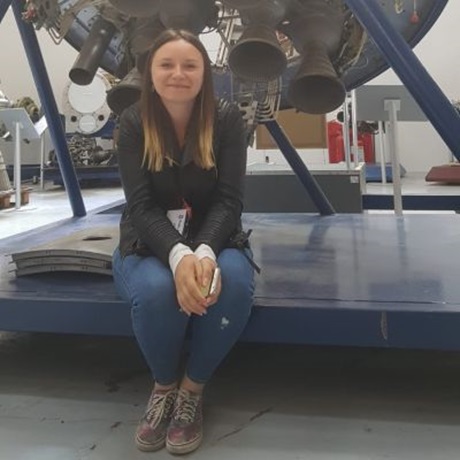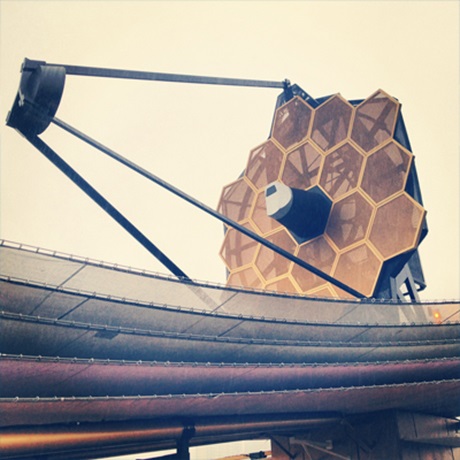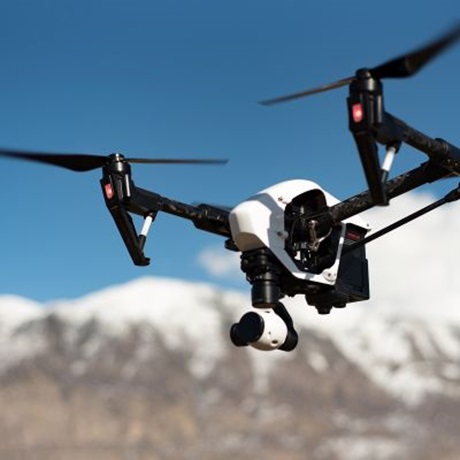Many of the systems and services that we, as ordinary citizens, use daily depend directly or indirectly on space. The space industry is no longer just about sending astronauts to the moon. The environment, agriculture, mining, meteorology and communications are just some of the industries that have interests in how space systems and technology can be applied.
We have a long history in space systems, having undertaken space studies since the 1960s.
Our expertise is broad and includes:
-
Sensor Technology – for example, the use of bio-sensors in extreme environments and for life detection.
-
Precision Engineering – manufacture of ultra-precise surfaces for satellites with high quality mirrors and telescopes.
-
Sustainable Space Systems – minimising space debris in orbit through innovative solutions.
-
Earth Observation – visible, infrared and radar image analysis to monitor crop health or changes to surface behaviour. We also have design expertise and experimental facilities in radar systems and hardware.
-
Spacecraft/Satellite Design – innovative space system design, relating engineering design to space business models.
-
Mission Design – complete mission studies, merged with expertise in specific areas, e.g. payload applications, navigation and path planning.
The range of companies we work with continues to grow as the applications of space technology increases. Research partners we have worked with include the Centre for Earth Observation and Instrumentation (CEOI), DMC International Imaging (DMCii), the European Union, the European Space Agency, NASA, NPA Satellite Mapping (CGG), Technology Strategy Board (TSB) and the UK Space Agency.
We have a long-standing working relationship with companies including EADS Astrium, Surrey Satellite Technology and Telespazio Vega. We also undertake projects through research councils and collaborate with other universities throughout the UK, Europe and worldwide.
About our research
Our greatest strength is the ability to combine the academic rigour and long-term perspective of a university with the commercial and business focus of industry.
Our excellence in strategic and applied research has enabled us to make significant contributions to the world around us for over 60 years. We address real life challenges and focus on research that is of strategic and practical importance.
We provide a supportive research community for students and our academic work is regularly published in journal article, book or thesis form.
Working with us
Businesses can work with us on research of all scales from sponsorship of MSc student projects to development or exploratory studies extending over several years.
Taught MSc student projects are a low cost and low risk way for businesses to explore research ideas with minimal resource commitment. Full-time PhD or MSc by Research students can be recruited to take on more in-depth projects, and in some cases we recruit dedicated researchers for specific projects, co-funded by industry and research agencies.
MSc courses are aligned with industry sectors, with many of our graduates working in the space industry. We jointly arrange recruitment events and interviews to help match our graduates with opportunities with our industry partners.
Our expertise is also available commercially; specific examples include manufacturing tasks in ultra-precision engineering and space system consultancy studies.
The range of ways for companies to engage with us facilitates partnerships based on common research interests. Jointly supervised projects are frequently used: students have supervisors from industry and from Cranfield, with regular joint meetings to review progress and agree priorities. Such projects are popular with students, who are strongly motivated by the industry partner’s application of their work, and the projects provide real benefits for all parties.
In some cases an industry partner becomes a strategic partnership. In this case, we align our research work with the long-term priorities of the industry partner and are able to leverage research funding to develop sustained capability which powerfully complements the company’s internal research groups.
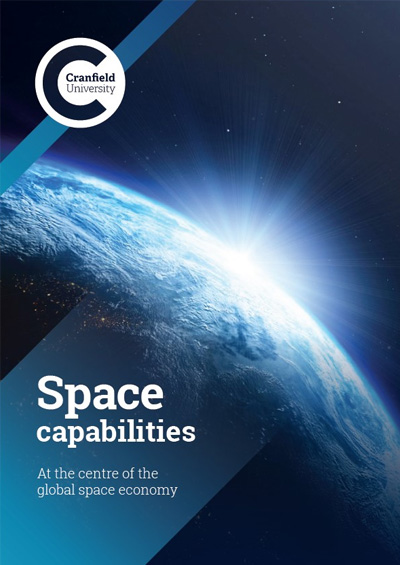











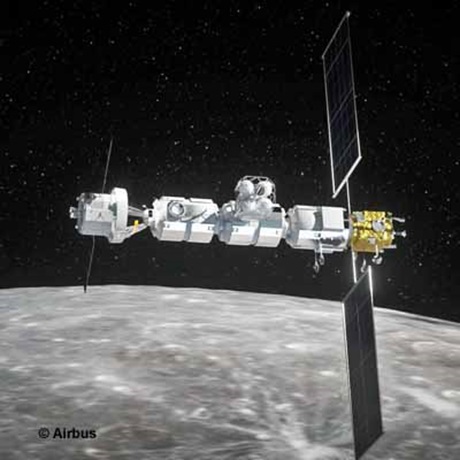
.ashx?bc=white&iar=true&w=460&h=460&la=en&hash=7D7047C644973E0A1E25FFDB1B0BCB565116948F)
